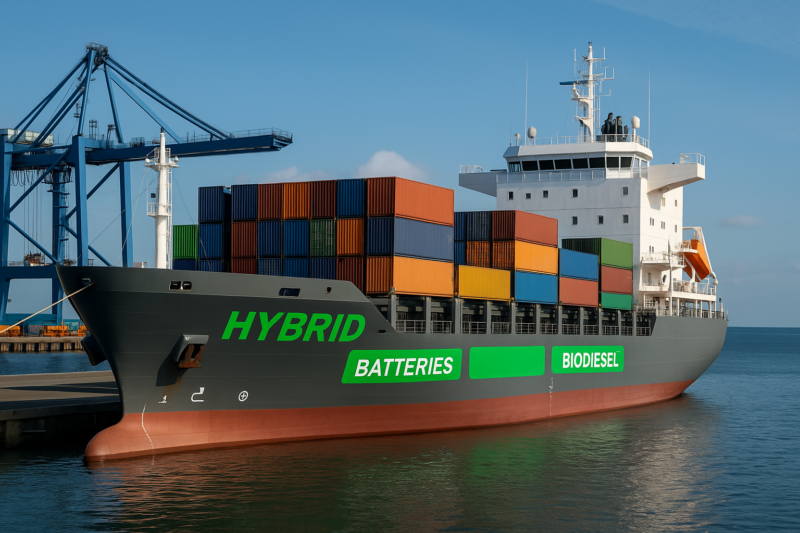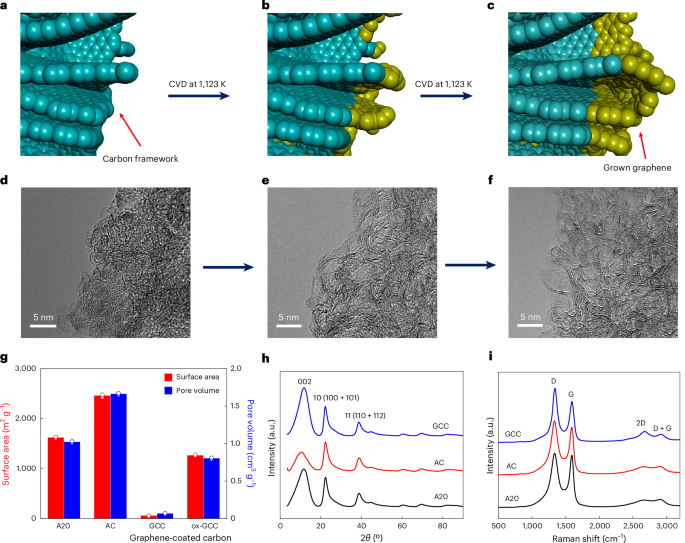Court blocks Trump’s ‘Liberation Day’ tariffs, calls them unconstitutional
A federal court blocked President Trump's sweeping tariff plans. The ruling will likely be elevated to the Supreme Court. The post Court blocks Trump’s ‘Liberation Day’ tariffs, calls them unconstitutional appeared first on FreightWaves.

In a landmark decision, the U.S. Court of International Trade (CIT) struck down President Donald Trump’s sweeping “Liberation Day” tariffs, curbing executive authority over international trade. The New York-based Article III federal court, composed of nine presidentially appointed, Senate-confirmed judges, unanimously ruled the tariffs unconstitutional. The decision, now under appeal and likely headed to the Supreme Court for final decision, reinforces the CIT’s critical role in enforcing statutory and constitutional limits on trade policy.
Tariff dispute overview
A three-judge CIT panel invalidated tariffs imposed under the International Emergency Economic Powers Act (IEEPA), including a 30% levy on Chinese goods, 25% on imports from Mexico and Canada, and a 10% universal tariff on global goods—the broadest use of presidential trade authority in modern history. The Trump administration justified these measures by declaring U.S. trade deficits a “national emergency” threatening economic security.
Legal challenge
The ruling stemmed from lawsuits filed by small businesses—V.O.S. Selections, Inc., Plastic Services and Products, LLC (Genova Pipe), MicroKits, LLC, FishUSA Inc., and Terry Precision Cycling LLC—and twelve Democratic-led states: Oregon, Arizona, Colorado, Connecticut, Delaware, Illinois, Maine, Minnesota, Nevada, New Mexico, New York, and Vermont. Plaintiffs argued that Trump exceeded his IEEPA authority, asserting that Article I of the Constitution grants Congress exclusive power to regulate commerce and impose duties.
CIT’s ruling
The panel, with judges appointed by Presidents Reagan, Obama, and Trump, ruled that “IEEPA does not confer unbounded authority” to impose tariffs. The court held that trade deficits do not qualify as an “unusual and extraordinary threat” under IEEPA and that commerce regulation is Congress’s domain. Bypassing preliminary injunction requests, the CIT issued a permanent injunction, vacating the “Worldwide, Retaliatory, or Trafficking” tariff orders and halting enforcement.
Reactions and impact
The White House sharply criticized the ruling. Spokesperson Kush Desai stated, “Unelected judges should not dictate responses to a national emergency. President Trump remains committed to restoring American greatness through executive power.” Deputy Chief of Staff Stephen Miller called it a “judicial coup” on social media. Oregon Attorney General Dan Rayfield, leading the states’ lawsuit, hailed the decision, saying, “The Constitution doesn’t grant any president unchecked economic authority.” New York Attorney General Letitia James warned the tariffs would have triggered “inflation, business losses, and job cuts.”
The ruling disrupts U.S. ports, where tariffed goods arrive daily, creating uncertainty for businesses and officials navigating active tariffs.
Appeal and outlook
The Trump administration appealed to the U.S. Court of Appeals for the Federal Circuit, with experts predicting Supreme Court review due to the case’s implications for presidential power. The decision does not affect tariffs under other authorities, like Section 232 on steel and aluminum, complicating trade dynamics. Cato Institute’s Scott Lincicome noted that the ruling weakens U.S. leverage in trade talks, as foreign governments face less pressure from invalidated tariffs.
The CIT’s decision reaffirms Congress’s constitutional authority over trade, checking executive overreach. As the case advances, it will shape the boundaries of presidential power, influencing U.S. economic policy and global trade relations amid ongoing tensions.
The post Court blocks Trump’s ‘Liberation Day’ tariffs, calls them unconstitutional appeared first on FreightWaves.














































































































































